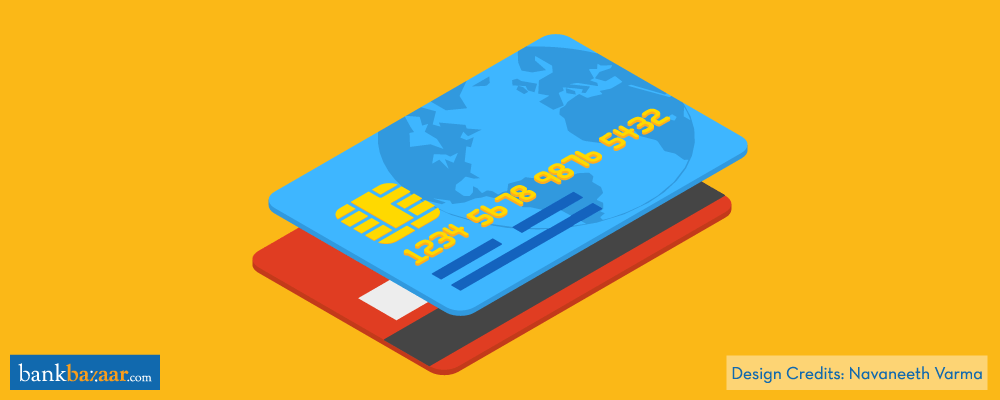
With the bad loan ratio deteriorating in India, lending institutions are pulling their socks up. Banks are now likely to reduce Credit Card exposure, given the significant number of non-performing loans and slow revenue growth.
With the March 2017 deadline, set by former RBI Governor Raghuram Rajan, to clean up balance sheets looming closer, banks fear boosting growth in a segment that could be under pressure with growing uncertainties over new jobs and slow salary hikes.
A high number of defaults in corporate lending has been instrumental in banks contemplating reducing unsecured lending.
Banks and low Credit Card exposure
Credit Card usage has grown steadily over the last few years. According to RBI data, the number of Credit Cards rose 18% to 2.6 crore in August 2016, up from 2.3 crore in August last year.
However, an increase in Credit Card outstanding balance has driven banks to consider trimming their Credit Card exposure. At the end of 2016, RBI data revealed that the total due amount from all Credit Card holders was at Rs. 43,100 crore. Credit Card outstanding balance increased 26.8% in 2016 compared to a 21.8% spike in 2015.
So, while the demand for Credit Cards remains strong, credit outstanding has also grown. Thus, banks have started self-moderating in terms of issuing new Credit Cards, even though Credit Card earnings have been driving balance sheet growth. Existing Credit Card holders may also witness a drop in their credit limit with banks consolidating their Credit Card exposure.
Additional Reading: Ways To Pay Your Credit Card Bill
Ways to ensure your Credit Card application is successful
With banks working towards trimming their Credit Card lending, here are a few ways to ensure your Credit Card application is successful:
1: Get a card from a bank with an existing relationship
Since banks are becoming selective about issuing Credit Cards, you should apply for a Credit Card at a bank where you have a salary account, Savings Account, or a Fixed Deposit investment. An existing relationship with the bank enables it to scrutinise your income details and payment track record easily, thus increasing your chances of getting an approval.
Additional Reading: Top 10 Reasons For Credit Card Application Rejection
2: Opt for the right card
Banks have various Credit Card options to choose from, so we suggest you pick your card carefully. Instead of applying for any Credit Card, opt for one that suits your specific needs. For example, if you have an average volume of banking transactions, opting for a Platinum Card which requires higher transactions may be wrong. Choosing the right card as per your needs requires assessment of your spending habits. This can make a difference when it comes to getting the green signal for your Credit Card application.
3: Self-check your Credit Score
Banks typically look at your credit history and repayment records before issuing a Credit Card. So, make sure your Credit Score is in order and you don’t have any high outstanding balance. If you own other Credit Cards, maintain a credit utilisation ratio of not more than 30%. Applying with a low or borderline Credit Score can lead to card rejection, further denting your Credit Score. So, before you apply for a Credit Card, check your Credit Score through credit information companies such as CIBIL or Experian and opt for a card only if your score is healthy.
4: Avoid seeking multiple Credit Cards at the same time
Applying for multiple Credit Cards at the same time can lead to rejections. Given that a Credit Card represents an unsecured loan, banks prefer offering Credit Cards to applicants who are least likely to default. As an existing Credit Card holder, if you apply for multiple Credit Cards, it sends out a signal to banks that you might be desperate for credit. If you hold multiple Credit Cards, ensure that you pay all your bills on time. Having multiple Credit Cards can actually lower your credit utilization ratio, if you don’t have any outstanding balances.
Additional Reading: Your To-Do List After A Credit Card Rejection
5: Ensure error-free card application
Check your Credit Card application to avoid errors, as filling in any wrong information can lead to a possible rejection. Always maintain transparency when applying for a Credit Card by providing accurate details.
As banks move towards reducing Credit Card exposure, use your card carefully and only when it is an absolute necessity.